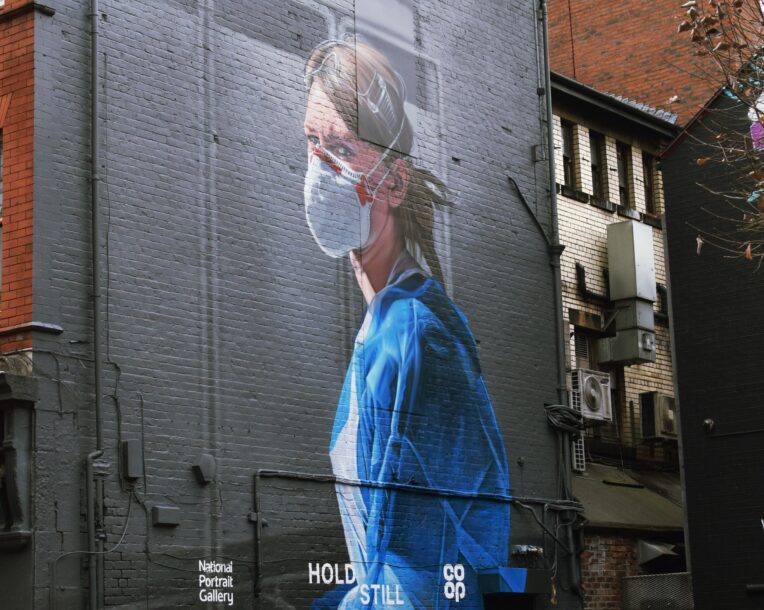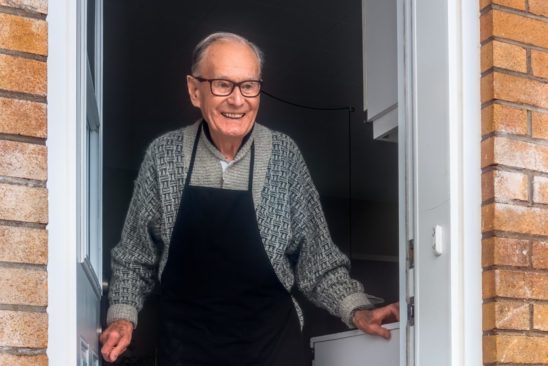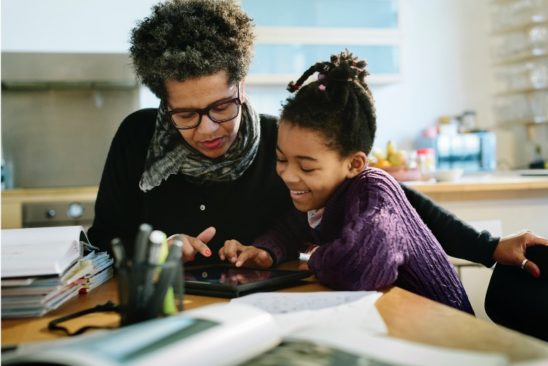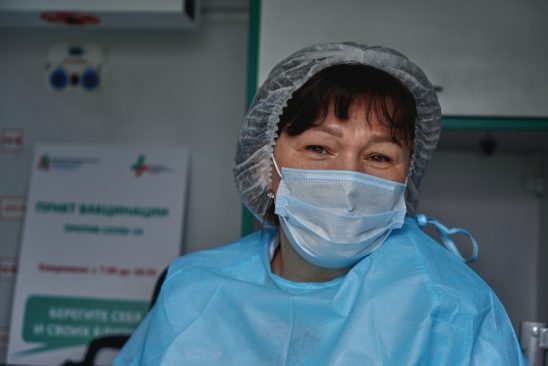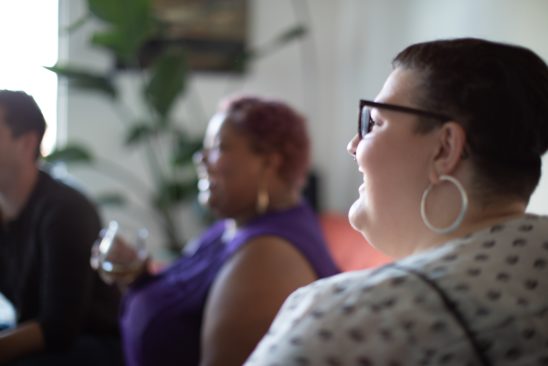The challenge
Newham Health and Care Partners wanted to understand more about why residents did or did not take up the Covid-19 vaccine.
The partners had put in a lot of work to encourage vaccination, including developing community access sites, Covid-19 champions and even a roving vaccination bus, and they wanted to understand what had made a difference.
Newham is an economically deprived and highly ethnically diverse borough. Teams working on the roll-out knew from feedback from the Covid-19 Champions and other programmes that their work had encouraged some people who would never otherwise have considered a Covid-19 vaccine to get vaccinated.
Through the evaluation, the partners wanted to understand specifically what ‘moved the dial’, including what channels succeeded in getting information out to people in different communities and of different backgrounds and ages.
The approach
Our team developed a plan for the evaluation, including a detailed engagement plan for specific demographic groups, communities, and people with specific lived experience that we would try to hear from. We interviewed people involved in the vaccine roll-out, did a literature review of previous evaluations, and undertook community engagement in partnership with the local voluntary sector. Highlights included attending a community summer barbecue and a Jubilee celebration tea party to ask people about their views on vaccination access. The work required having conversations about some of the toughest issues at the heart of health inequalities, ranging from institutional racism to trust in public services and how misinformation spreads through communities.
We presented our final report at a partners’ learning meeting, which included our findings on what worked and future-facing recommendations for future public health initiatives in Newham. We also created a stakeholder map which brought together community contacts in one searchable place.
The impact
In the short term, the evaluation improved understanding of Covid-19 vaccine uptake in Newham. In the longer term, the project helped to capture learning from the pandemic to ensure that future public health initiatives are able to apply this to those most at risk of poor health outcomes. We are particularly pleased that our work with Newham was also able to deliver additional social value into the local area, including through our team providing pro bono time and funding to support the local voluntary and community sector.
